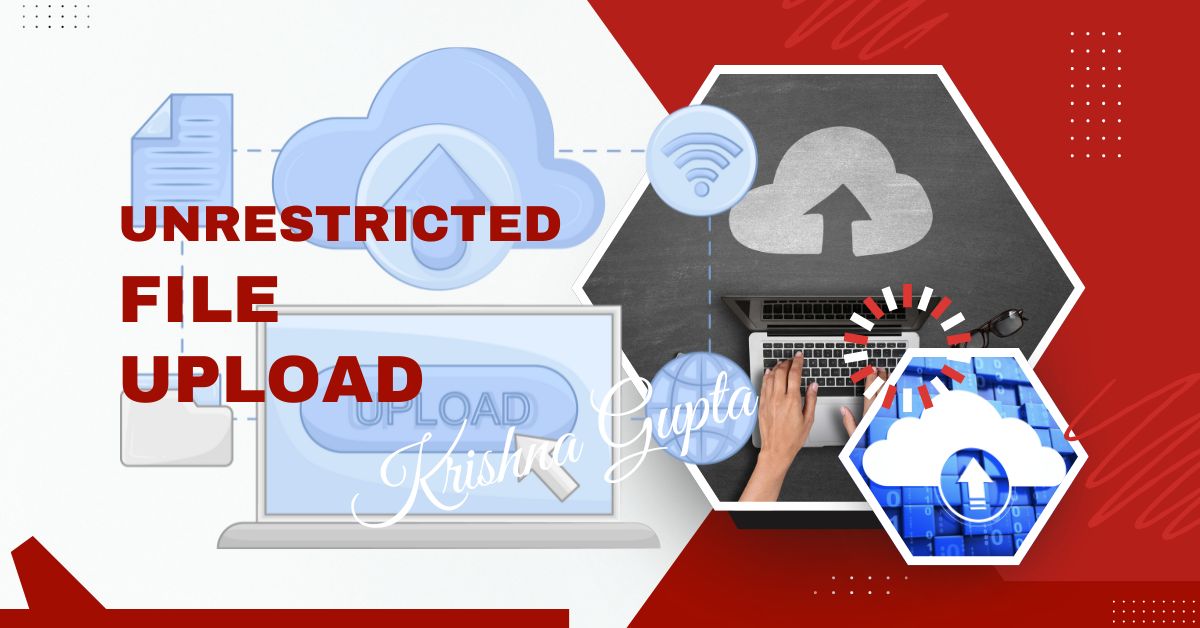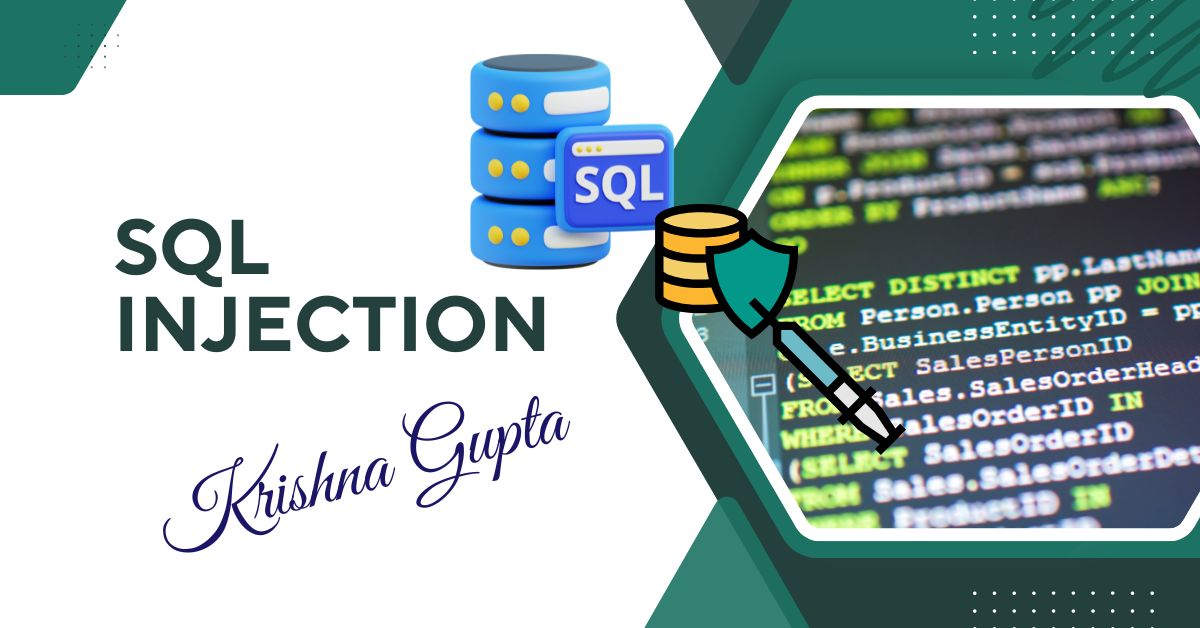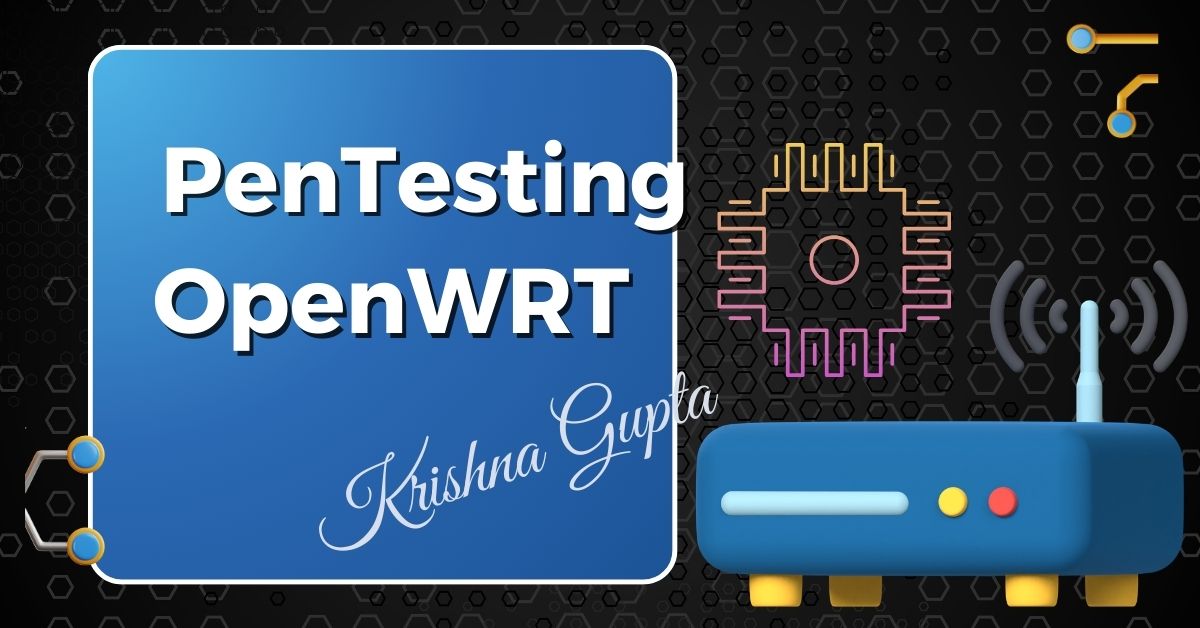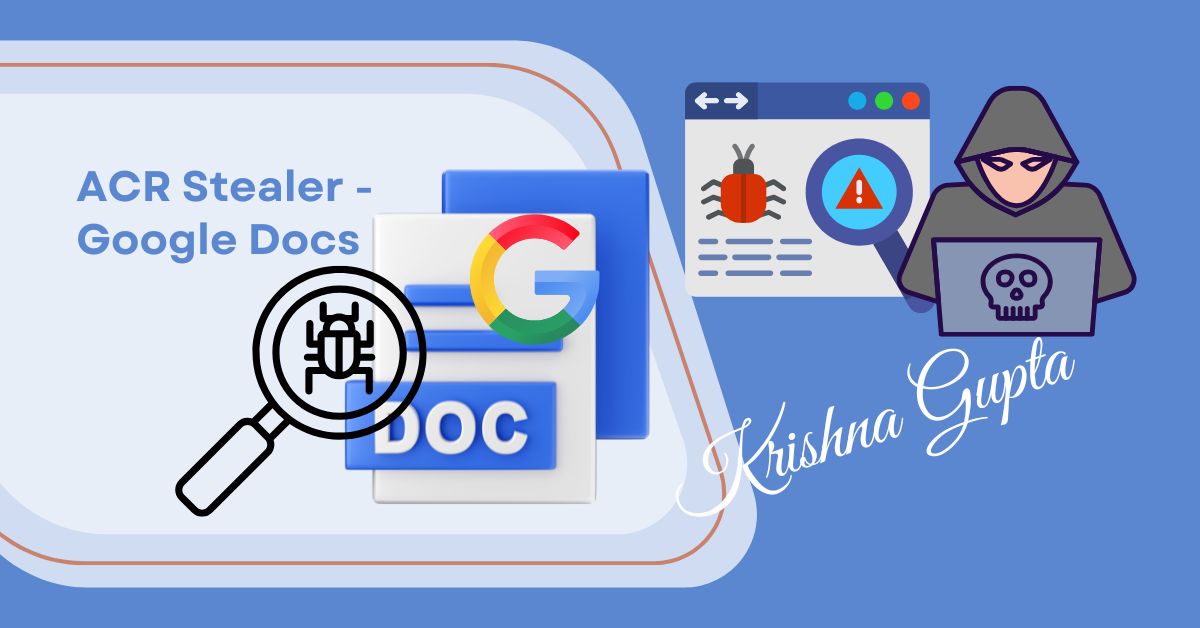Generative AI (GenAI) refers to a subset of artificial intelligence technologies designed to create new content, such as text, images, videos, and even code, based on patterns and data fed into it. Unlike traditional AI systems that rely on predefined algorithms and data sets, GenAI models learn from vast amounts of data and can generate original outputs that resemble human-created content. These outputs can range from realistic-looking deepfakes to sophisticated malware and phishing schemes, making GenAI a powerful tool for both cyber defenders and attackers.
In the context of cybersecurity, GenAI’s potential is vast. It can be utilised for automating threat detection, creating advanced defence mechanisms, and developing incident response strategies. However, the same capabilities that make GenAI a valuable asset to security teams also make it an attractive tool for cybercriminals, who can use it to create new, more complex forms of cyber attacks.




